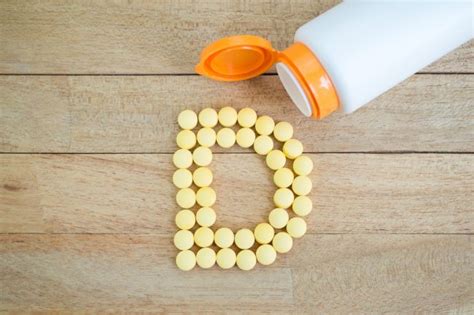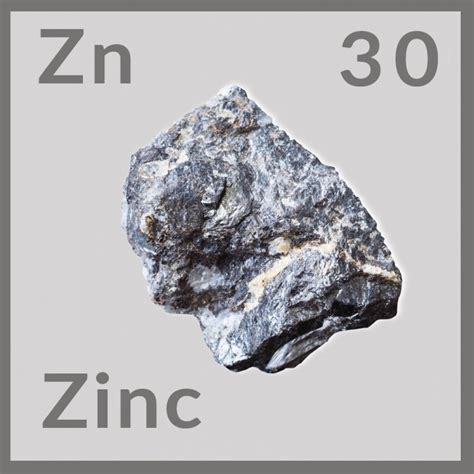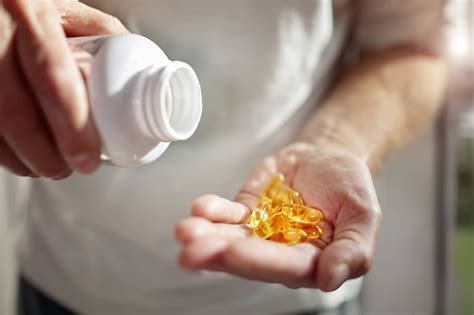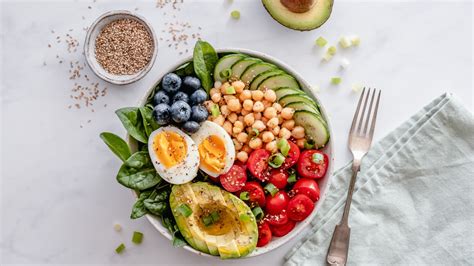Beyond protein: what micronutrients are vital for male energy and testosterone optimization?

The Overlooked Powerhouses: Why Micronutrients Matter
For many men focused on fitness and performance, protein is king. And rightly so – it’s essential for muscle repair, growth, and overall bodily function. However, an often-overlooked aspect of male health, energy, and hormonal balance lies not in macronutrients but in the tiny, yet mighty, world of micronutrients. These vitamins and minerals are critical cofactors in countless biochemical reactions, including those responsible for energy production and testosterone synthesis.
Optimizing male energy and testosterone isn’t just about hitting the gym and eating enough protein; it’s about providing the body with the full spectrum of nutrients it needs to operate at its peak. Deficiencies in specific micronutrients can lead to fatigue, reduced libido, poor mood, and suboptimal testosterone levels.

Zinc: The Testosterone Builder
Zinc is arguably one of the most crucial minerals for male health. It plays a significant role in testosterone production, sperm quality, and immune function. Studies have shown a strong correlation between zinc deficiency and low testosterone levels. Zinc is involved in the synthesis of luteinizing hormone (LH), which signals the testes to produce testosterone.
Foods rich in zinc include oysters (the most potent source), red meat, poultry, beans, nuts, and dairy products. Given modern dietary habits and soil depletion, ensuring adequate zinc intake can be a challenge for some.
Magnesium: The Energy and Sleep Enhancer
Magnesium is involved in over 300 enzymatic reactions in the body, many of which are directly related to energy production and muscle function. It contributes to ATP (adenosine triphosphate) synthesis, the body’s primary energy currency. Furthermore, magnesium is vital for nerve and muscle function, blood glucose control, and blood pressure regulation. For testosterone, magnesium can prevent it from binding to proteins, making more free testosterone available for the body to use.
Sources include leafy green vegetables, nuts, seeds, legumes, whole grains, and dark chocolate. Many individuals are deficient in magnesium due to poor diet, stress, and certain medications.

Vitamin D: The Sunshine Hormone
Often referred to as the ‘sunshine vitamin,’ Vitamin D is actually a steroid hormone that plays a critical role in numerous bodily functions, including bone health, immune function, and mood regulation. Importantly, research has linked adequate Vitamin D levels with higher testosterone levels in men. It influences the expression of genes involved in steroid hormone synthesis, making it essential for male hormonal health.
While sun exposure is the primary way to obtain Vitamin D, dietary sources include fatty fish (salmon, mackerel), cod liver oil, and fortified foods. Supplementation is often necessary, especially in regions with limited sunlight or for those with indoor lifestyles.
Boron and Selenium: Supporting Roles
- Boron: This trace mineral has been shown to influence the metabolism of steroid hormones, potentially increasing free testosterone and decreasing estrogen levels in men. It can also enhance the absorption and utilization of Vitamin D and Magnesium.
- Selenium: Critical for thyroid function, which indirectly impacts energy levels and metabolism. It also acts as a powerful antioxidant, protecting cells from damage, including those involved in testosterone production.

B Vitamins: The Energy Catalysts
The B vitamin complex (B1, B2, B3, B5, B6, B7, B9, B12) is indispensable for energy production. These vitamins act as coenzymes in metabolic pathways that convert food into energy. For instance, B12 is crucial for red blood cell formation and neurological function, both of which impact energy levels. A deficiency in any B vitamin can lead to fatigue and impaired cognitive function.
You can find B vitamins in a wide range of foods, including whole grains, meat, eggs, dairy, leafy greens, and legumes.

A Holistic Approach to Male Vitality
Optimizing male energy and testosterone is not about isolating one nutrient but understanding how they all work synergistically within the body. While supplementation can be beneficial for addressing deficiencies, the foundation should always be a nutrient-dense, balanced diet rich in whole foods. Consider incorporating foods like:
- Oysters, red meat, and poultry (Zinc)
- Leafy greens, nuts, seeds, and dark chocolate (Magnesium)
- Fatty fish and fortified dairy (Vitamin D)
- Avocados, nuts, and dried fruits (Boron)
- Brazil nuts, seafood, and eggs (Selenium)
- Whole grains, legumes, and lean meats (B Vitamins)
Beyond diet, lifestyle factors such as adequate sleep, stress management, and regular exercise also play crucial roles in supporting hormonal balance and energy levels. Consult with a healthcare professional before starting any new supplement regimen to ensure it’s appropriate for your individual needs.

Conclusion: Fueling Your Potential
While protein remains a cornerstone of a healthy diet, truly unlocking male energy and optimizing testosterone requires a deeper dive into the world of micronutrients. Zinc, Magnesium, Vitamin D, Boron, Selenium, and the B vitamins are not merely supplementary; they are foundational to myriad bodily functions that dictate vitality, hormonal health, and overall well-being. By prioritizing these essential micronutrients, men can move beyond basic nutrition and fuel their bodies to reach their full potential, both inside and out.








